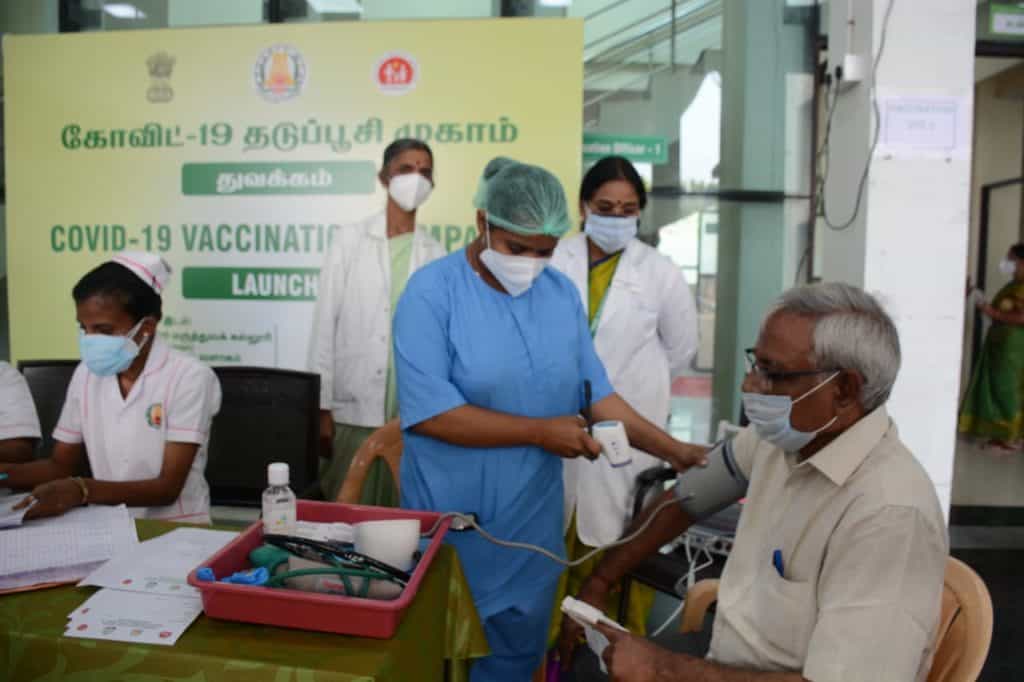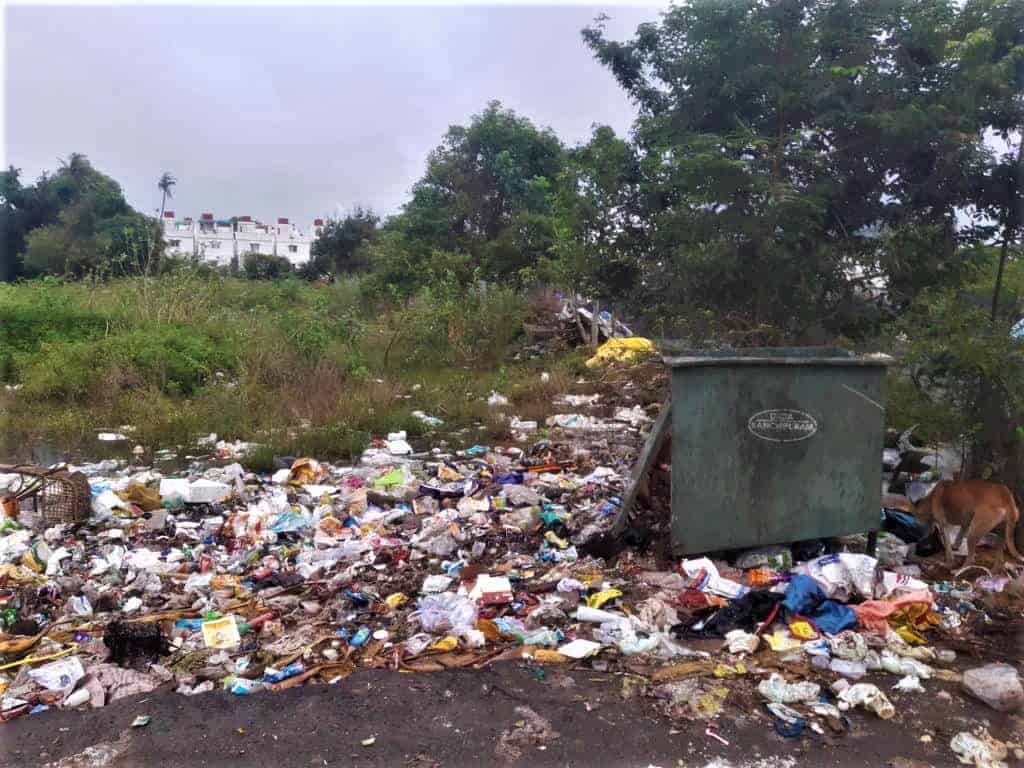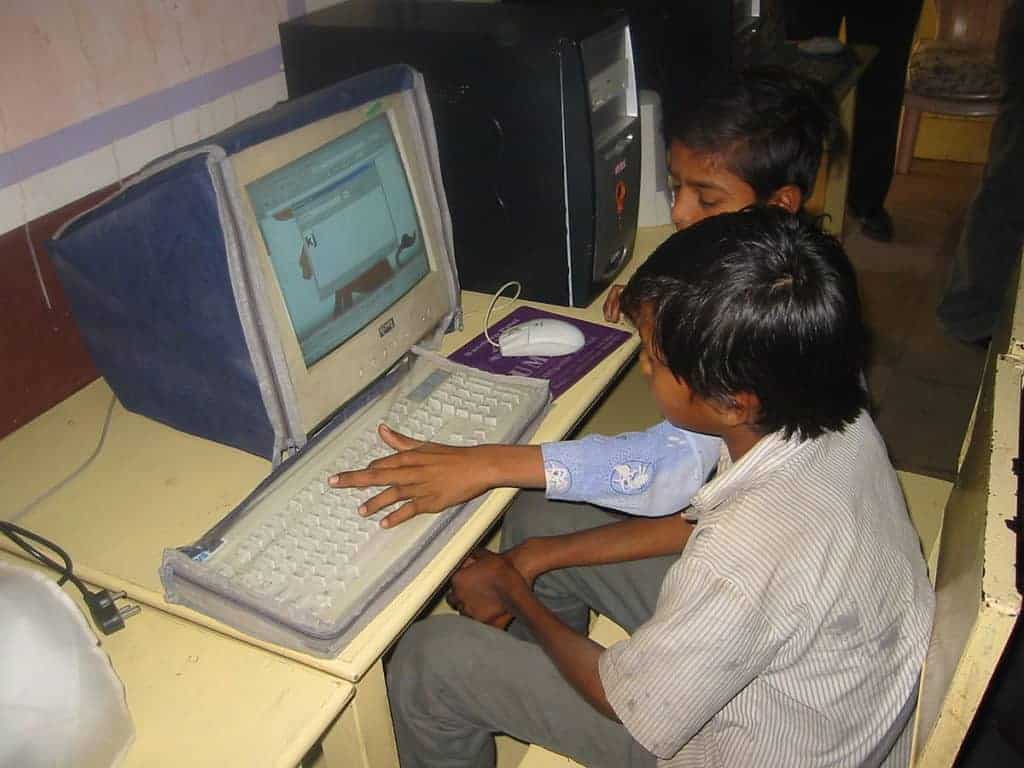Singara Chennai. The capital of Tamil Nadu and a hub of automobile and electronic hardware industries. A city that is often labelled as India’s health capital with several multi speciality government and private hospitals. And yet, there remains a lot to be done to fulfill the expectations and aspirations of its citizens.
The recent elections saw the DMK come to power in the state, clinching every seat in the city. In its earlier stints, the DMK government had been behind several projects that are key landmarks in the city today: the multi-level flyover at Kathipara, the largest cloverleaf flyover in Asia, Semmozhi Poonga with more than 500 species of plants and Adyar eco park, a nature reserve in the heart of the city.
But with time, new challenges and new situations have arisen and there are several demands from citizens that would need to be fulfilled to make the city more livable, safe and sustainable. We spoke to several people in the city to understand what they expect of their new government.
Upgrading the public healthcare system
The new government came to power against the backdrop of surging COVID cases in the state, that has choked the healthcare system. The long wait for beds across the hospitals in a city that is known for one of the better public health care systems in the country is worrying. This crisis is a making of both the virulence of the second phase as well as our lack of understanding and projections of possible daily caseload, based on the second wave in other countries and other states within India.
This wave of COVID-19 exposed the chinks in the public healthcare system in Chennai. “The health department of the state government should have directed the private hospitals to prepare and equip themselves with increasing beds and oxygen storage facilities. The government should also cap tariff that the private hospitals can charge COVID-19 patients. Right now, it is inaccessible even for the middle class,” said Manivasagan Tamizhan, a Chennaiite, who has recently recovered from the virus.

Should this be the starting point for the new government to build an optimum healthcare model that is scalable during a crisis? Yes, say experts.“The new government should look at the pandemic as an opportunity to rebuild better. Access to healthcare is the right of every individual. The new government in Tamil Nadu should prioritise assessment of district wise, taluk wise healthcare and focus on creating both infrastructure as well as filling up existing vacancies of doctors and nurses. Not just the major hospitals, every primary health care should be technologically advanced in guiding and treating patients,” said Aruna Subramaniam, Managing Trustee at Bhoomika Trust.
This could also be the right time to reach out to the Indian diaspora for creating optimum facilities. “I have seen people wanting to support their own districts and tier 2 towns, so a decentralised plan with nodal officers and experienced NGOs may work well,” Aruna Subramaniam suggested.
One of the foremost campaign promises by the DMK party was to hold polls to the local bodies across the state. “As it might take a few months to conduct polls under the given circumstances of the pandemic, the new government should improvise and upgrade primary health care centres in all the zones,” said Magesan K, an advocate with the Madras High Court.
Decongesting Chennai
Decentralisation should receive strong focus not just in public health but in all spheres of governance. “Chennai has grown rapidly, far exceeding the carrying capacity it was originally intended for. As development in the city increases, so does the floating population in the city. Decentralising development across the state would decongest Chennai,” said C S Kotteeswaran, a senior journalist. Decongesting Chennai, as opposed to the idea of its expansion, will address pressing issues such as waste and air pollution.
“If at all the pandemic has taught us something it is the necessity to decongest. Can we therefore focus on infrastructure building across the state so that IT and manufacturing industries spread out and there is less migration to the city?” writes the editor of Madras Musings.
Read More: Not just a supply crunch: The real reason why patients in need of oxygen are suffering
Solid waste management
Chennai has taken important steps towards solid waste management in the past two years. Awareness on waste management increased at the community level. Micro composting and material recovery centres initiated by the Greater Chennai Corporation (GCC) became a hit and gated communities and apartment complexes make recycling waste a giveback to the city. However, the situation is totally different in the peri-urban village and town panchayats, where garbage lies strewn about in the empty corners of streets and the only way to get rid of it is to burn it.
“There has been a drastic increase in population in the panchayats that were added to the GCC. But this has not been matched by adequate allocation of finances and land, making it difficult to take up waste management measures; this has been a major setback,” said Parthiban, Special Officer, Sithalapakkam Village Panchayat.
Improved waste management in the panchayats was among the electoral promises of candidates who contested from these constituencies. Implementing these promises should now be the primary focus of the MLAs here.
A focus on North Chennai
North Chennai has 34 red category industries, the city’s largest garbage dump at Kodungaiyur, two thermal power plants and their ash dumps, coal stacking yards, a petroleum refinery with an annual capacity of 10.5 million tonnes, dozens of petrochemical industries, fertiliser plants, three large ports and a maze of roads with high traffic of diesel-powered heavy vehicles. The result: alarming levels of air pollution.
“There have been multiple reports of violations by these industries with very limited response from the Tamil Nadu Pollution Control Board (TNPCB) and GCC. A time bound action plan has to be developed to make TNPCB and GCC effective law enforcers and to make the industries compliant,” said G Karthik, volunteer, Chennai Climate Action Group.
The impact of ill-planned development on residents in this part of Chennai has been harsh. Many residents suffer respiratory problems and there is a need to carry out a region-wide health and environment carrying capacity study to chart out a plan for remediation. As various reports indicate the scant presence of tree cover in North Chennai, measures should be taken for proportionate spread of greenery in the city.
The elected government should further scrap the proposal by the Adani Group for the expansion of Kattupalli port, as it will cause an irreversible impact on the city, heightening the risk of floods, droughts and water shortages, adds Karthik.
Read More: Ennore power plants violate emission norms, pose serious health risks: Study
Transport
The Chennai Unified Metropolitan Transport Authority (CUMTA) Act was notified in January 2019. A single body to implement traffic and transportation measures in Chennai and a law that reduces the hassle in public transport, CUMTA is still on paper, two years after notification.
“Can we expect integrated public transport in the foreseeable future?” questions V Ramarao, a social activist. “Among various benefits for public transport users, this could reduce commute times as the user can switch from one mode of transport to another without buying multiple tickets,” he added.
Another mega project that needs to be expedited is the phase 2 of the Chennai Metro Rail. “We understand that in these uncertain times it is difficult to see such mammoth projects through, but the delays plaguing the Metro are more indicative of official lethargy. It is well known that the first phase currently in operation can never become sustainable without its sequel, which is much larger and has the potential to transform the city’s image when it comes to commuting. Can the new government focus on this and get it done?” writes the editor of Madras Musings.
Relook at educational policies
Like any other part of the country, education has taken a massive blow in Tamil Nadu, especially in government schools due to the pandemic. “As schools were shut for more than a year, there will be huge drop-out among children in government schools,” said Aruna Subramaniam. After the tsunami, Bhoomika Trust had worked with children in coastal areas addressing their fear of going back to school with community teaching centres.
There is a need to relook at educational policies to keep the children in schools. The primary challenge will be to bring back children to a learning environment. “Anticipating further COVID waves, we have to quickly build smaller technology based cluster learning models to keep the children motivated and engaged,” Aruna Subramaniam said.
While almost every child goes to school, we must realise that the standards are sub par. “In a pilot project we conducted with 50 children of government schools for about six months, we noticed that a class eight student struggles to read text from class two. However we were enthused by the progress they made when our educators worked on child specific skills and adopted creative approaches to teaching them. In a post-COVID era, we should be focusing on concept-based learning as opposed to the goal of completing the syllabus,” she added.
One of the crucial roles of an MLA is to submit motions to raise discussions on matters of urgent public importance, noted a report from Citizen Matters Bengaluru. With the power to make laws, the elected representatives should voice the electorate in bringing out these matters of importance in the state assembly.
The list can actually be much longer with other important demands related to conservation of water bodies, tackling illegal extraction of groundwater and so on; at this point, however, citizens just hope that the elected representatives of the constituencies will be easily accessible and will take up the issues pertinent to the electorate.


Sir please develop chennai city as
Hi-tech city. And please welcome all outsider peoples from our country to our city. Make Chennai as cosmopolitan city,sir.